Recovered Books:
A new life for forgotten Gems
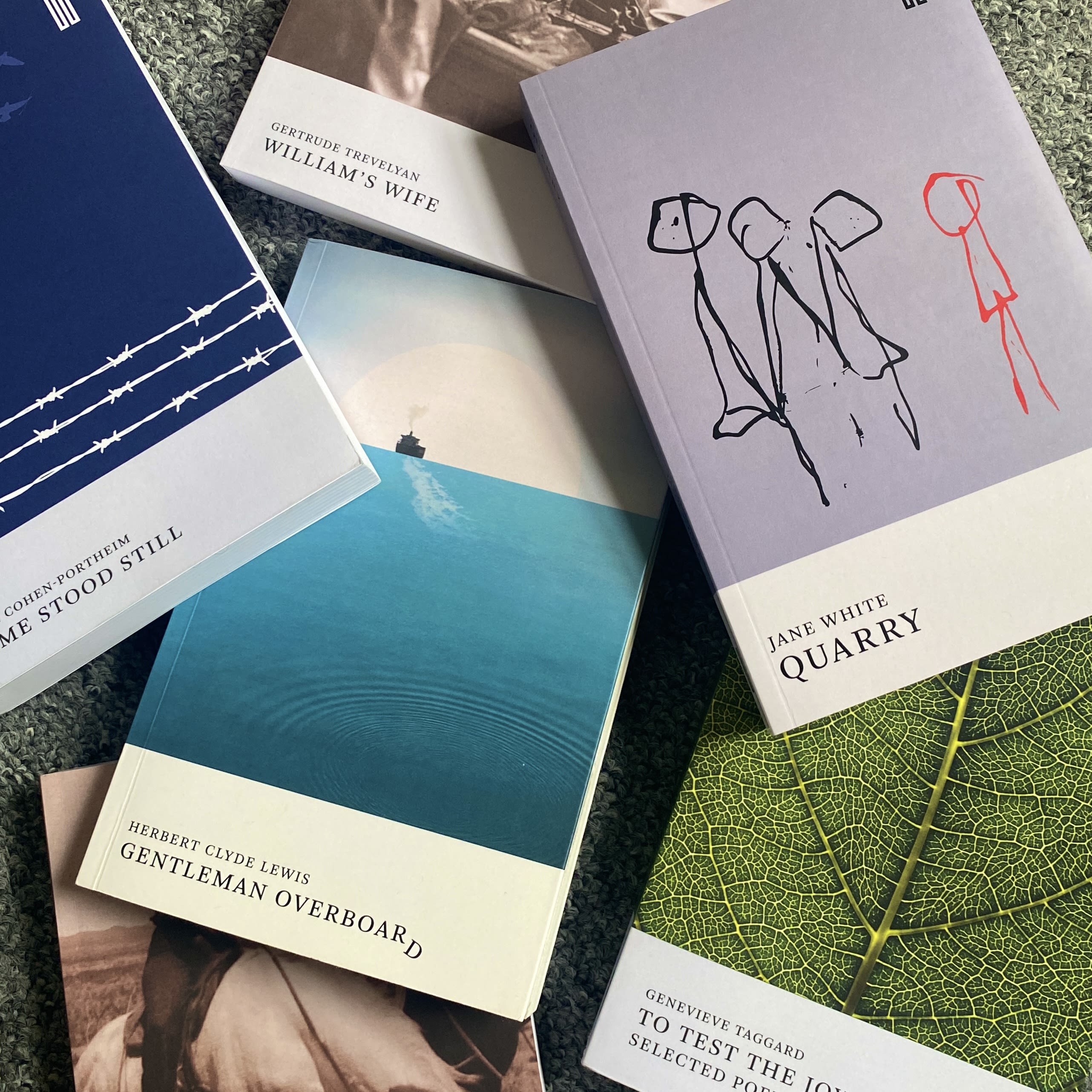
The Recovered Books list for Boiler House Press is republishing outstanding forgotten works and reminding readers that quality does not guarantee lasting success; often it’s just luck. Brad Bigelow is editor of the list which is part of UEA Publishing Project.
Exposition
At a young age, Bigelow's literary tastes led him to stray from the bestseller lists and the canon to seek out lesser-known works. Early encounters with novels such as MacDonald Harris’ Mortal Leap - which UEA publishing project have most recently published - showed him that "there were riches to be found in unknown and long-forgotten books." Many years later he is still reading, analysing and promoting these ‘unknown’ classics on his website, neglectedbooks.com.
In 2020, while in lockdown-enforced limbo between finishing his dissertation and moving to Montana, Bigelow assisted Nathan Hamilton (Managing Director and Co-founder of the UEA Publishing Project) with the publication of Boiler House Press’ Beyond Criticism series. Hamilton, aware of Bigelow’s passion for neglected books, suggested he make a proposal for a series of forgotten titles – an opportunity Bigelow jumped at.
It's unsurprising that whilst many were catching up on reading and devouring boxsets Bigelow decided to build a book list from scratch. His background is unusual for the publishing world, having arrived in Norwich to undertake his Master's in Biography and Creative Non-Fiction off the back of a career in the US military and a period working for NATO. This experience speaks to his proactive, disciplined nature and single-minded determination to revive these books.
"The corollary to having a canon of writers is that all the other writers become neglected."
Bigelow’s personality is the driving force behind the Recovered Books list. “I have never wanted to go with the crowd. I’m interested in going places other people aren’t going,” he explains. “In academia and publishing, we tend to narrow the field down to what we call 'the canon', and the corollary to having a canon of writers, like Virginia Woolf and James Joyce, is that all the other writers become neglected. They become disregarded. I compare it to driving to London; you'll drive the fastest, most convenient way – the canonical path – whereas if you simply go off the main road, you can still get to London, but you'll see lots of interesting stuff that you would normally miss. There are lots of other roads and they're as worthy of attention as the mainstream.”
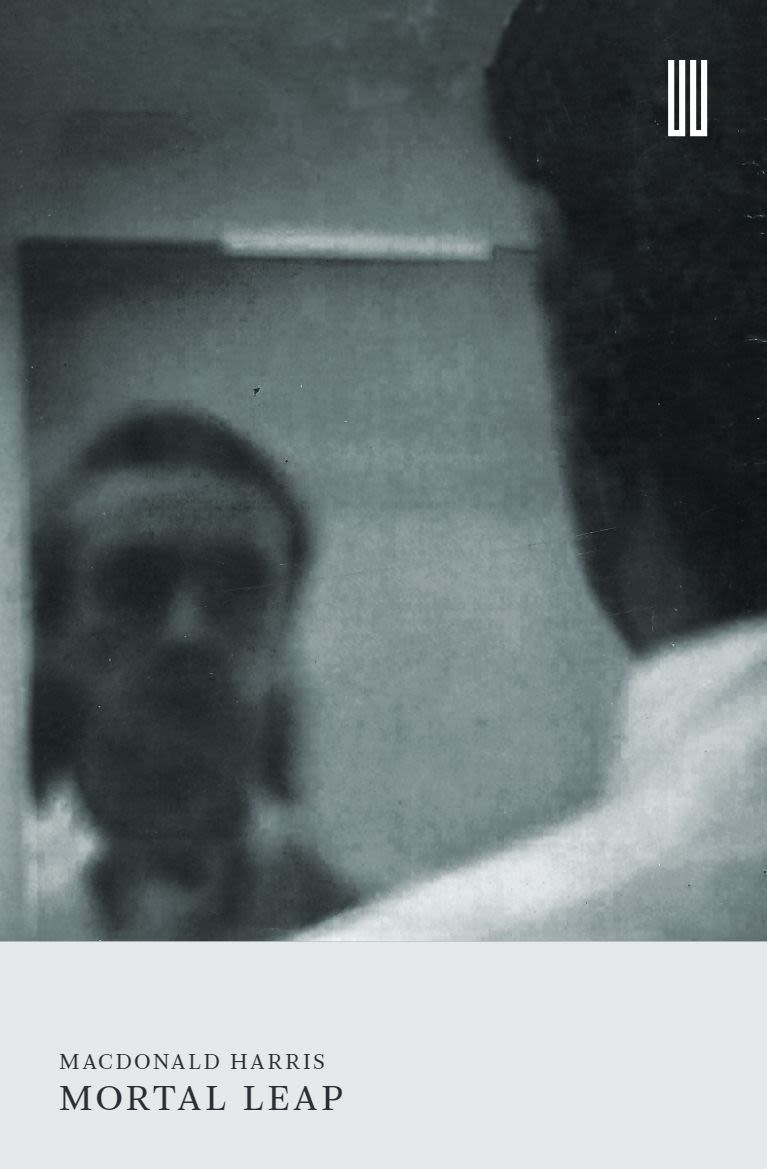
The Recovered Books edition of Macdonald Harris' Mortal Leap. Credit: Boiler House Press.
The Recovered Books edition of Macdonald Harris' Mortal Leap. Credit: Boiler House Press.
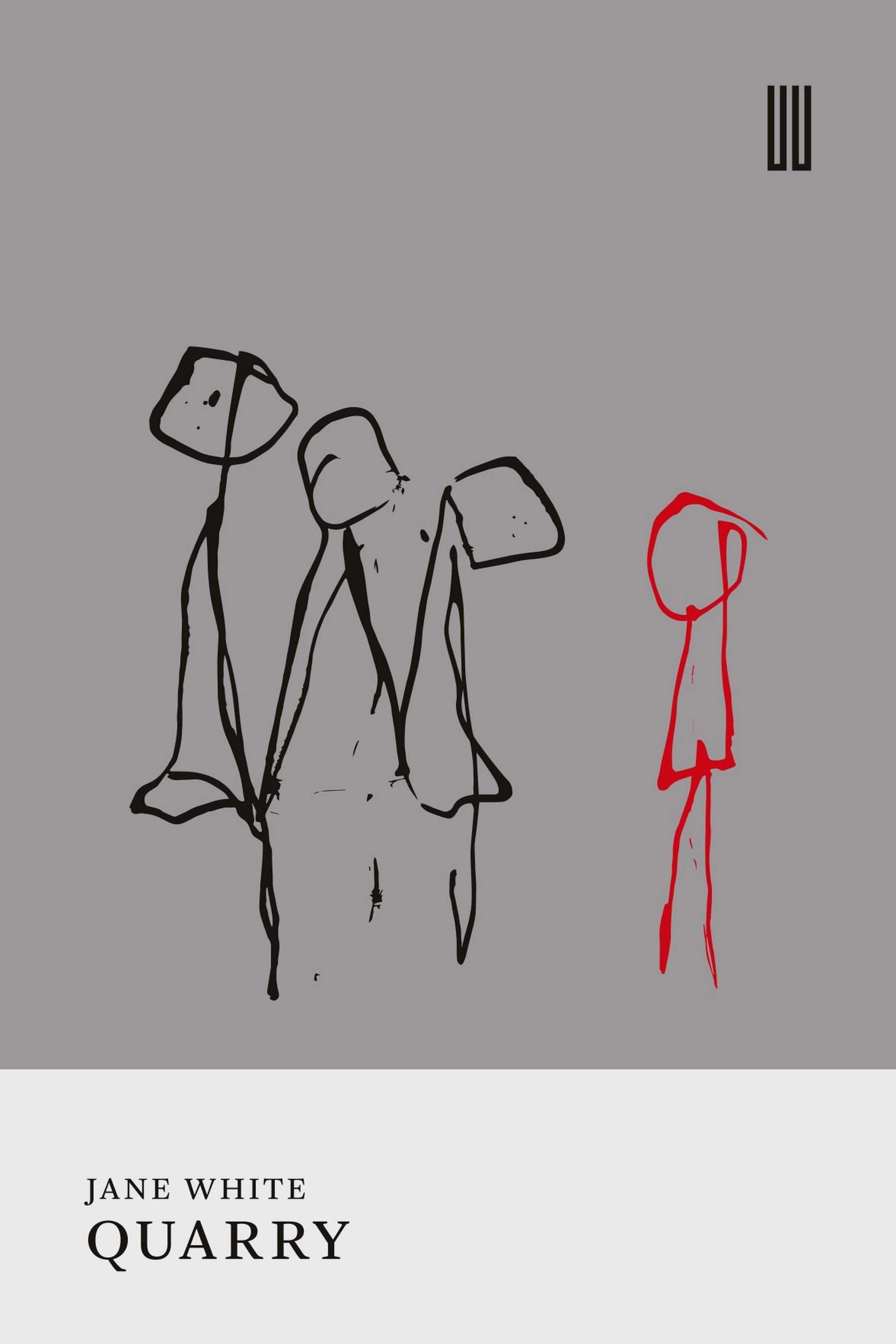
The Recovered Books edition of Jane White's Quarry. Credit: Boiler House Press.
The Recovered Books edition of Jane White's Quarry. Credit: Boiler House Press.
Challenges
Republishing out of print books may appear a simple proposition. It negates the need for multiple rounds of edits and the tactful handling of authors, but it comes with its own unique set of challenges. Firstly, choosing which book to publish is not a simple task. Unlike many other reissue lists, Recovered Books has no limitations on what it may publish. “It can be any book from anywhere,” says Bigelow. “I deliberately try not to focus on a genre." Quality is the one inarguable requirement.
Secondly, actually finding a copy of a book is frequently a barrier to publication when, in some cases, there are only a handful of copies still in existence.
"I’ve found that all writers have a few favourite neglected books and authors; they’re sympathetic to the cause."
Thirdly, a significant challenge is ensuring the book is “ready for modern readers”, says Bigelow. “This may require some annotation and an introduction by a recognised writer, as well as an afterword by an academic who's interested in and willing to write about the book.” Bigelow has been delighted to receive introductions from globally renowned authors such as Jonathan Coe (for Mortal Leap), and believes this may been down to their understanding of their fellow authors’ mindsets: “I’ve found that all writers have a few favourite neglected books and authors; they’re sympathetic to the cause,” he explains.
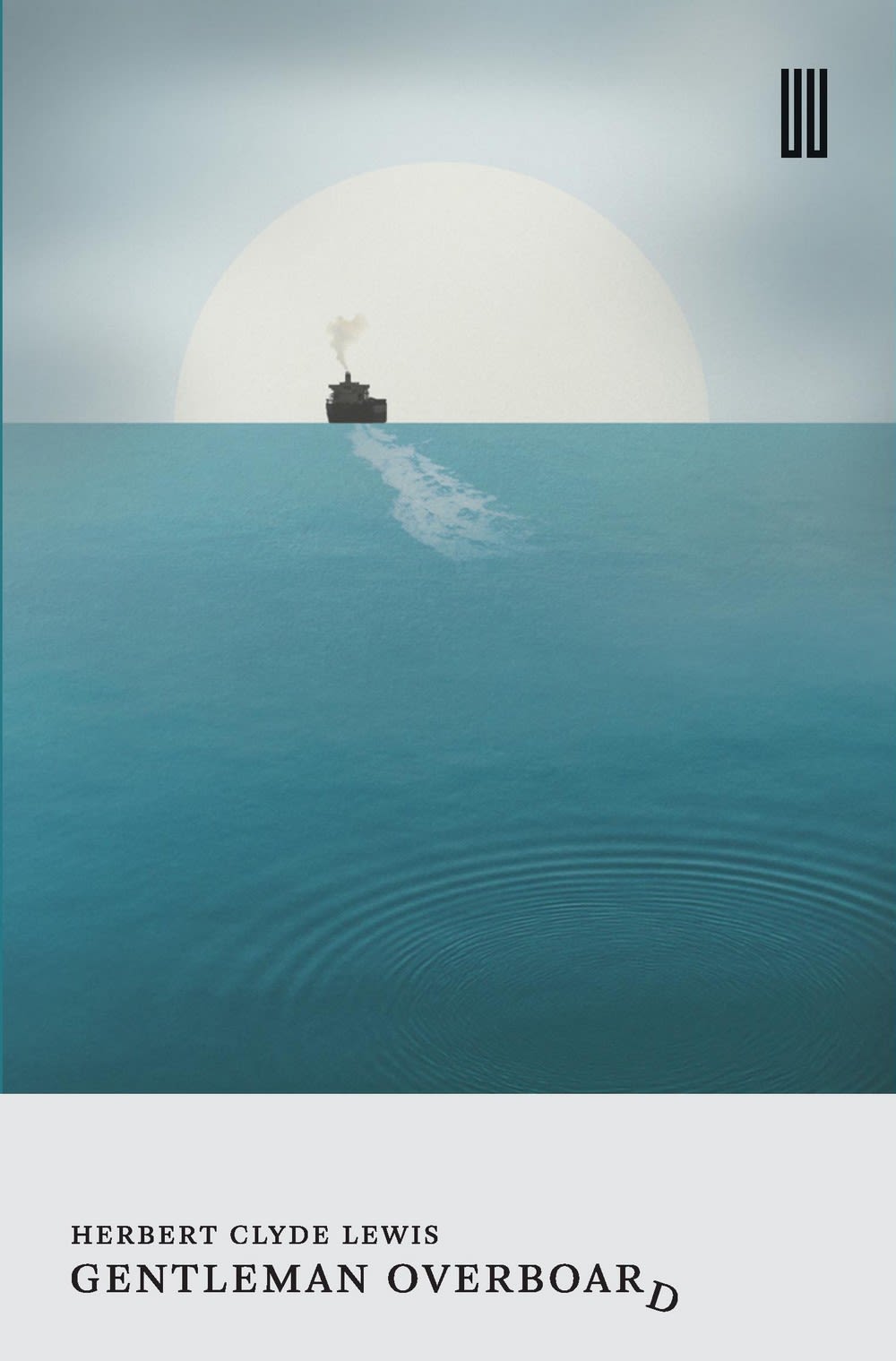
The Recovered Books edition of Herbert Clyde Lewis' Gentleman Overboard. Credit: Boiler House Press.
The Recovered Books edition of Herbert Clyde Lewis' Gentleman Overboard. Credit: Boiler House Press.
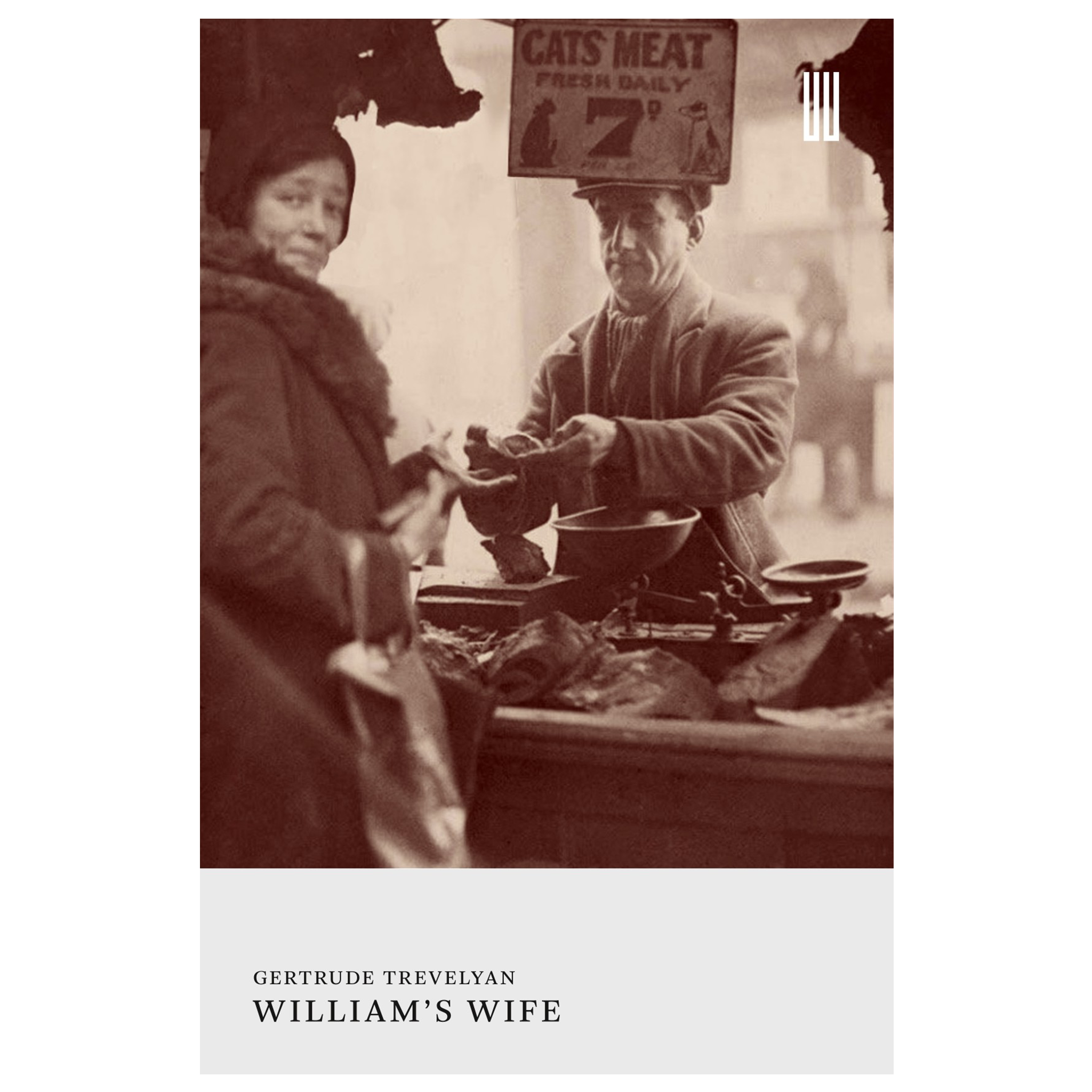
The Recovered Books edition of Gertrude Trevelyan's William's Wife. Credit: Boiler House Press.
The Recovered Books edition of Gertrude Trevelyan's William's Wife. Credit: Boiler House Press.
Bad luck
When asked why a book becomes neglected, other than it simply not being considered good enough, Bigelow has one simple answer: luck.
Gentleman Overboard, a dark comedy about a man who falls overboard halfway between Honolulu and Panama, was the first book published in the list and has gone on to become a cult success. Its author, Herbert Clyde Lewis, encapsulates why this important list exists. Gentleman Overboard was initially released in 1937 to small success and a good but not exceptional reception from the critical press. It was successful just enough to remain on a scattering of book shelves for the next 80 years, but didn’t make enough of a splash to remain in people's memories. Sadly, Lewis’ next book was an even more catastrophic victim to bad luck.
Spring Offensive, which Bigelow describes as being about a “soldier who wanders out between the lines during the Phoney War, when combat suddenly breaks out”, was published in May 1940 – just as the Phoney War suddenly became very real with the German invasion of Belgium, the Netherlands and France. It’s hard to contemplate success for even the most extraordinary of books when its premise has been so dramatically made irrelevant. “That was just bad timing,” Bigelow laments.
Gertrude Trevelyan, a daring writer in the early twentieth century, suffered at the hands of a more targeted attack: scathing literary critique. Bigelow describes how a reviewer said of one of her books, “this is the kind of book that makes me want to go out and shoot myself in the head.” Predictably, such reviews did not send the public rushing to the shops.
"[Trevelyan's books] pull you in, and if you make the effort, they’re fascinating"
Bigelow explains that Trevelyan's books “pull you in, and if you make the effort, they’re fascinating,” but they undoubtedly require something of the reader. “People don't buy books like that, so bad timing, a bad review and it’s bad luck for an author,” Bigelow believes. Trevelyan’s luck was cursed and shortly after suffering injuries during the Blitz, she died.
Nowadays, more and more readers are discovering Trevelyan's unique style. In 2024, William's Wife, her powerfully resonant portrait of a woman's suffering at the hands of her cruel husband, was published in audiobook format by Spiracle. In this extract, Catherine Bailey captures Trevelyan's distinctive voice.
Catherine Bailey reading an extract of Gertrude Trevelyan's William's Wife. Credit: Spiracle.
Catherine Bailey reading an extract of Gertrude Trevelyan's William's Wife. Credit: Spiracle.
In May 2024, the Recovered Books list will be publishing its third novel by Trevelyan, As It Was in the Beginning.
Bigelow aims to change the fate of the books on his list and the success of Gentleman Overboard is emblematic of that. Since publication by Boiler House Press, it has been translated into German, Hebrew, Italian, French, Spanish, Portuguese, Dutch and Turkish, and is soon to be published in Arabic. Bigelow and Boiler House Press are proving that forgotten books are not appealing only to the most academic of highbrow readers; they are often thrilling, exceptional and accessible works.
Explore the Recovered Books list here.
UEA Publishing Project comprises three main imprints: Boiler House Press, which publishes fiction, non-fiction, poetry, and everything in between; Strangers Press, which is dedicated to publishing and introducing the finest literature in translation, in collaboration with Norwich University of the Arts and The National Centre for Writing; and Egg Box Publishing, which is designed to provide an invaluable experiential learning resource for students and academics alike.


